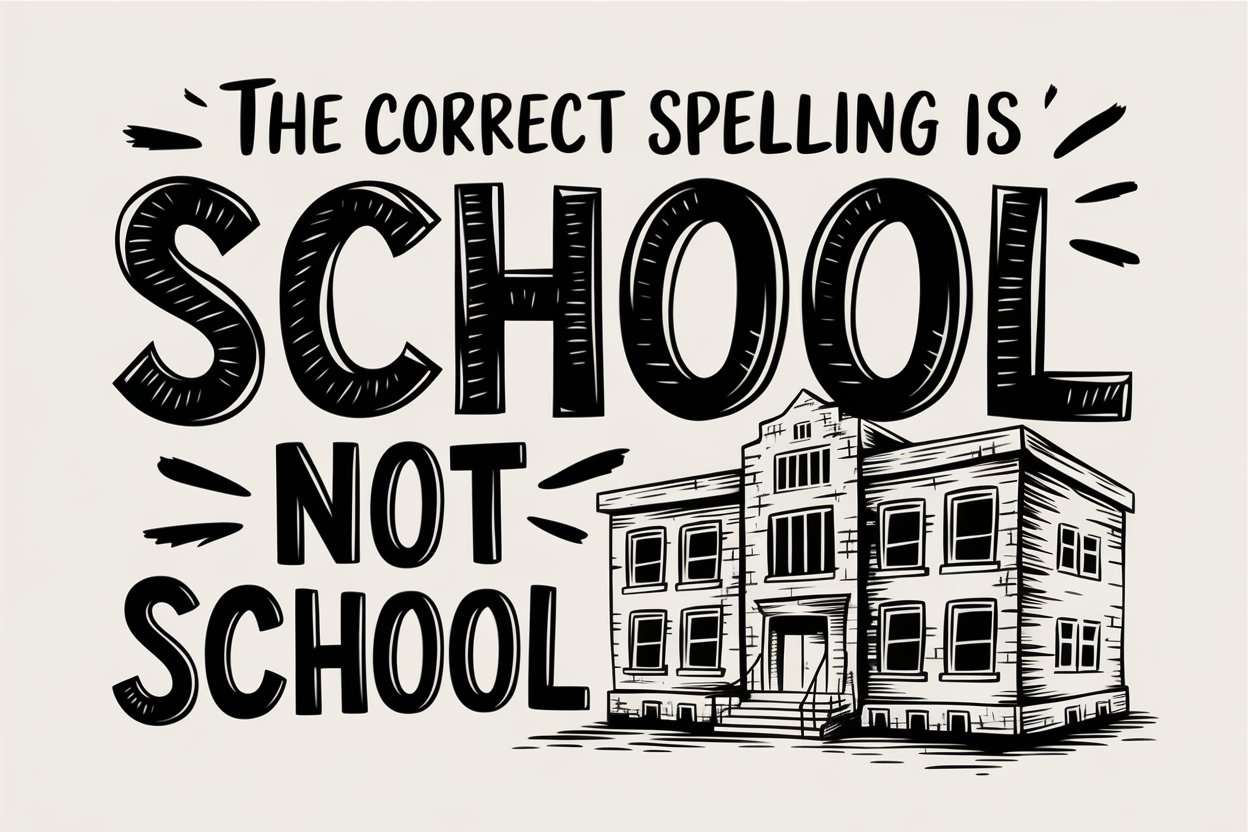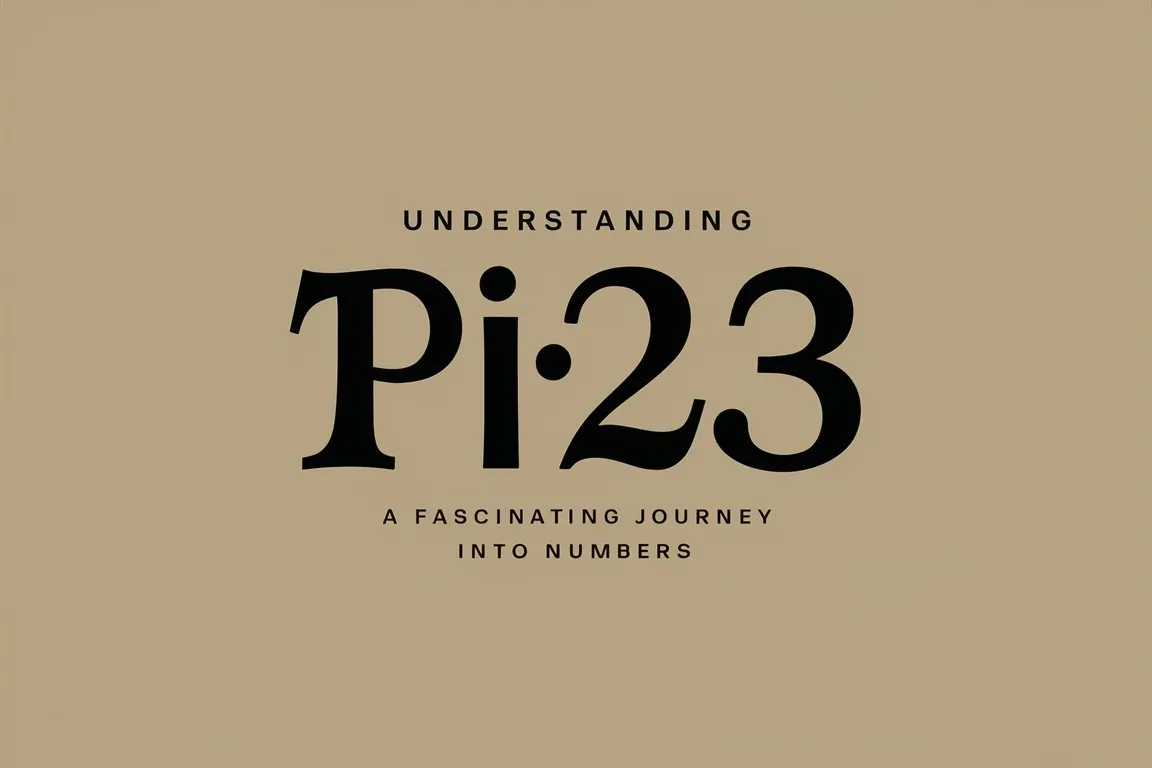Spelling correctly is important, especially in formal and academic settings. The correct spelling of the place where we learn is “school,” not “sckool.” It might seem small, but knowing the right spelling helps prevent confusion and misinterpretation in communication.
The History of “School”
The word “school” comes from the Greek word “scholē.” Originally, scholē meant having free time or spending time learning. Over time, this word changed to mean a place for education. This change shows how words can evolve but keep their main meaning.
Why Correct Spelling Matters
Getting spelling right is important for clear communication. A mistake like “sckool” instead of “school” can make it hard to understand a message. In academic and professional settings, misspelling can hurt your credibility. Errors might even harm your impression in assignments, exams, or job applications.
The Effects of Misspellings
Writing “sckool” instead of “school” might seem like a small mistake, but it can have bigger effects. In academic places, correct spelling shows that you pay attention to detail and are professional. A careless error can affect grades and how others see your aptitude and commitment to learning.
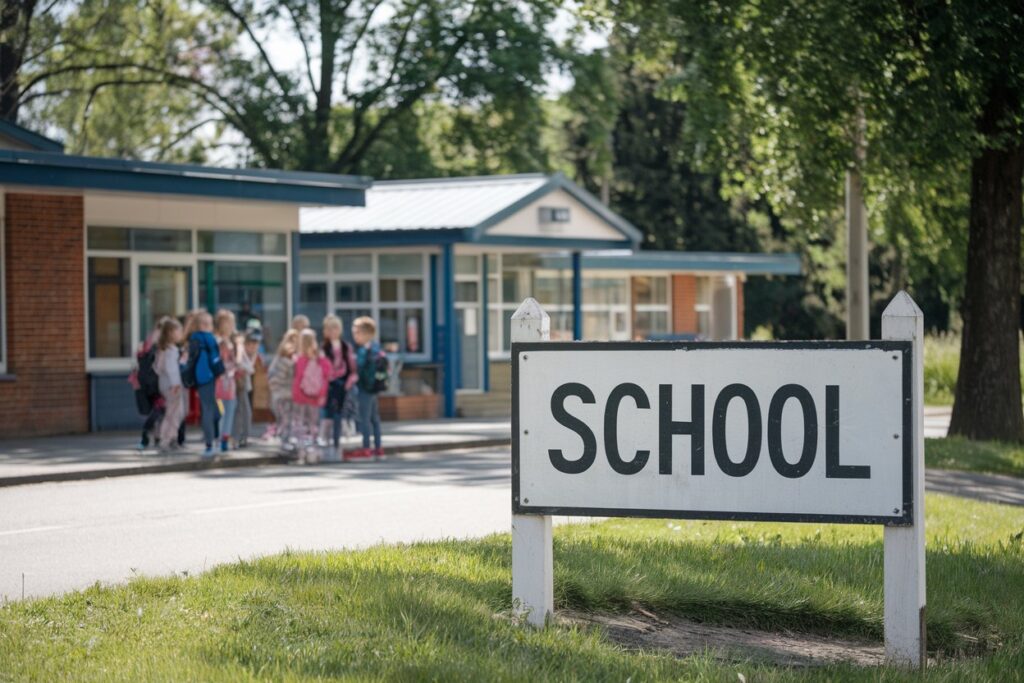
Understanding the Origins: School vs. Sckool
The correct spelling, “school,” comes from Greek and Middle Dutch roots. The change from “scholē” to “school” included shifts in pronunciation and spelling to fit different languages. On the other hand, “sckool” is a wrong form that doesn’t match the historical and linguistic rules.
The Importance of Spelling in Formal Communication
In formal writing and professional settings, correct spelling is not just a personal choice; it is an indispensable part of good communication. Spelling errors can reduce the legitimacy of your work, affect professionalism, and even impact job opportunities. For example, a careless misspelling on a resume might hurt your credentials and achievements.
Tools to Improve Spelling
To avoid spelling mistakes, use various tools. Grammar checkers like Grammarly and word processors can help find errors. Regular practice, such as journaling and reading, can also boost your spelling and overall literacy. Good strategies include paying attention to rules, recognizing patterns, and using memory techniques to remember correct spelling.
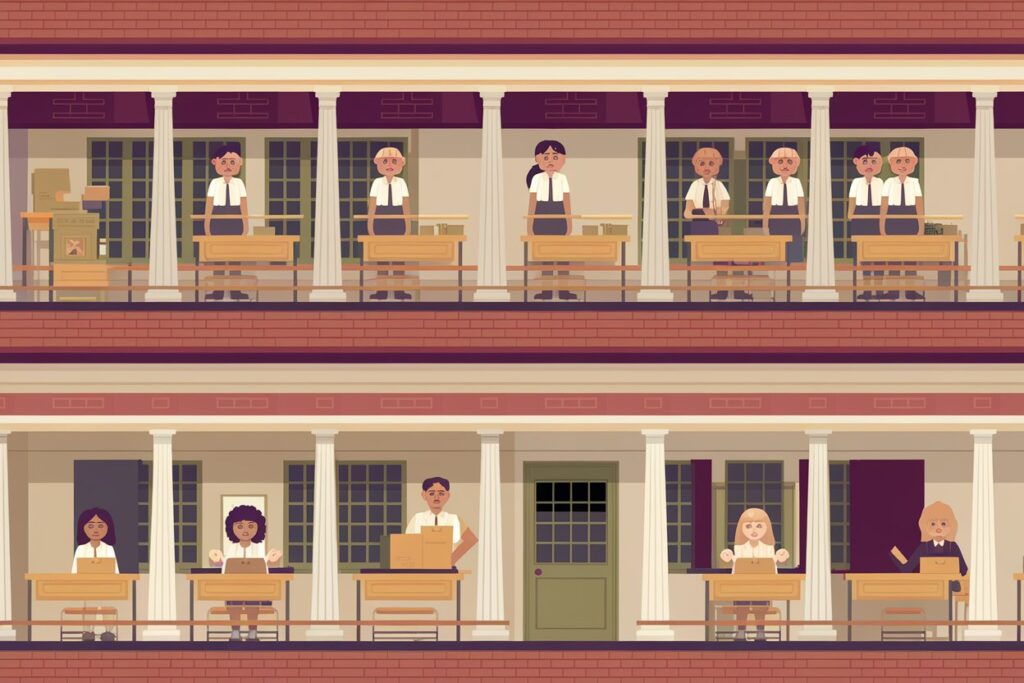
Ways to Reduce Spelling Errors
Read Regularly: Seeing correctly spelled words in books and articles helps you learn spelling and vocabulary. Regular reading helps you remember spelling patterns and rules.
Practice and Repetition: Writing essays, keeping a journal, and taking notes can help you learn correct spelling. The more you write, the more familiar you become with correct spelling.
Use Technology: Spell checkers and grammar tools can help catch mistakes. Tools like Grammarly provide suggestions and corrections, improving your spelling over time.
How Spelling Affects Academic Success
Correct spelling is closely tied to academic success. It affects your grades, assignments, and exams. Consistent spelling and attention to detail create a positive impression and can influence academic and career outcomes. Proper spelling also shows responsibility and a commitment to learning and growth.
The Impact of Spelling on Professionalism
In a professional setting, spelling errors can harm your professional reputation. Correct spelling demonstrates professionalism and attention to detail. Mistakes can be seen as carelessness, which might affect your career prospects and professional relationships. Accurate spelling is crucial for keeping high standards of communication and credibility.
Improving Your Spelling Skills
To get better at spelling, try these tips:Use Tools: Use spell checkers and grammar tools to find mistakes. Practice Regularly: Write often and read a lot to get used to correct spelling. Get Feedback: Ask for feedback on your writing to spot and fix spelling errors.
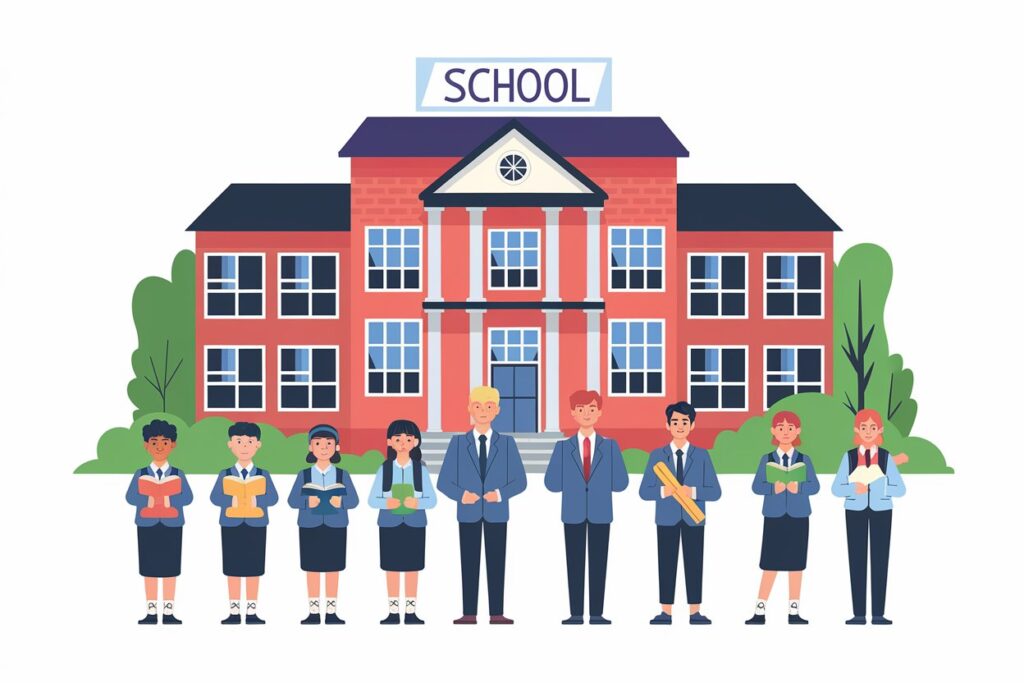
The Role of Spelling in Social and Cultural Settings
Correct spelling also matters in personal and social settings. Spelling mistakes can change how your message is understood in social situations. Proper spelling ensures that your communication is clear and effective, helping to build better understanding and friendship.
How Spelling Has Changed Over Time
Spelling has changed a lot over the years. The shift from the ancient Greek “scholē” to modern English “school” shows changes in language and pronunciation. Knowing this history helps us see why correct spelling is important for clear and precise communication.
READ OUT ANOTHER INFORMATIVE GUIDE: Understanding Photeeq: A New Tool for Photographers

